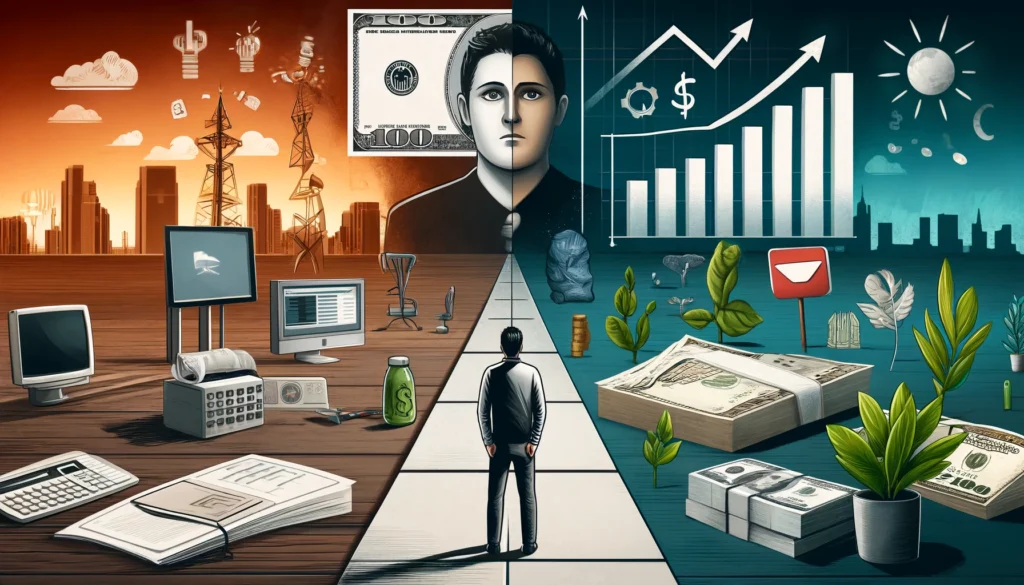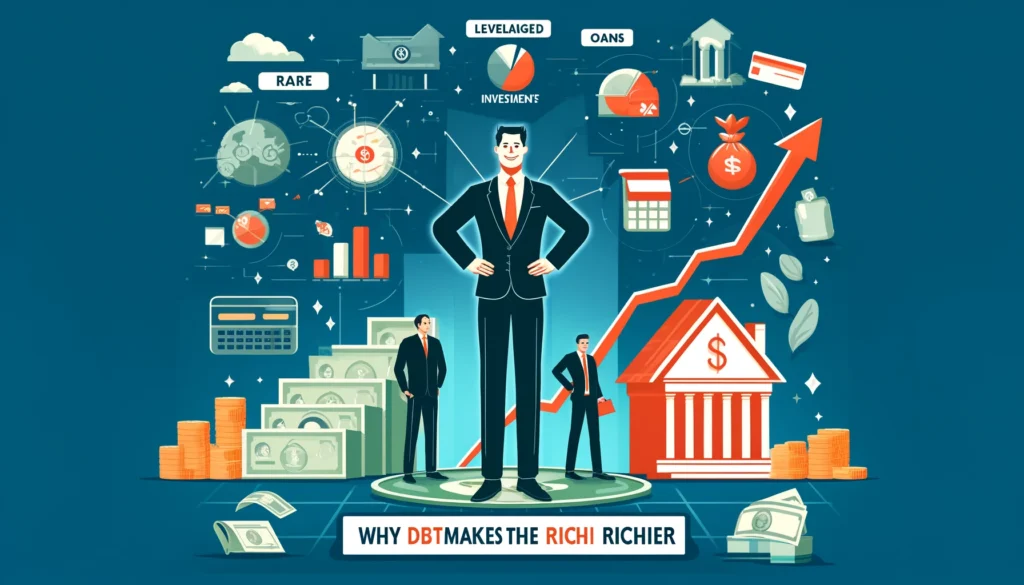- Do you want a look into the future?
- The greatest investor must truly understand the impact of time…
Dear Reader,
If you want to become rich, figure out where the boom will be and avoid the busts. If you watch demographics, it is like looking into a crystal ball. When I wrote Rich Dad’s Prophecy, I was primarily looking at the crystal ball known as demographics. The problem was, I had no idea how bad the problem is. Not only are many baby-boomer pension plans out of money, so are many corporations’ pension plans out of money, and so is the federal government’s treasury out of money. In fact, they are deeply in debt.
To be a great investor, an investor must respect Father Time and the impact time has on a person’s financial scorecard. Some of the cycles and trends a person must pay attention to are:
Windows of Opportunity
I was listening to a radio program a while back where the host was interviewing two so-called investment experts. One expert said, “Warren Buffett is investing in junk bonds. That is why I am advising my clients to do the same.”
The second advisor’s response was, “Warren Buffett was investing in junk bonds. He is out of them this year.”
That is an example of a window of opportunity. During the stock-market boom, many investors began quoting Warren Buffett and investing in stocks. But Warren Buffett was out of the market just as millions of first-time investors came rushing in. As they say, time waits for no one. The same is true for opportunities.
Life Changes
I have several friends who were flying high financially up until age 45. Then their midlife crisis hit them. Some quit their jobs. Others should have quit but didn’t. Some got divorced and lost everything. A few got divorced and lost everything more than once. One friend became disabled and had no disability insurance.
When markets contract, companies downsize and many people are forced to start over just when they thought their retirement years would be starting. A person’s financial education is more important than ever before simply because things are changing faster than ever before.
Years ago, rich dad drew the CASHFLOW Quadrant and asked me, “At the end of your life, which quadrant do you want to be in?”
After studying the quadrant for a while, I replied, “Obviously, I want to be in the I quadrant.”
He then said, “If you plan on ending up in the I quadrant, why not start there?” That is why he began teaching me to invest as a young boy, teaching me with the game of Monopoly.
One of the reasons I was able to recover financially after a disastrous first quarter was because I had the skills of the I quadrant.
I hear many politicians and journalists calling for more jobs. In my opinion, we need more than jobs. We need more financial education. A job is only a short-term solution to the long-term problem of how we survive financially, especially when we are not working, or are not able to work any longer, or lose everything and have to start all over again.
One big problem today is that our schools focus only on the E and S side of the quadrant. They need to begin focusing much more on the B and I quadrants.
Do Not Expect to Win Every Time You Throw the Dice
Many investors lose money because they were lucky at one time. During the stock-market boom, many first-time investors got lucky, made some money, lost their money, and invested more, hoping to get lucky again—only to lose the game.
One of the harder lessons I have had to learn is that just because I made money on one investment at one time does not mean I will make money again, even if I invest in the same type of investment.
The lesson is, markets move on as time marches on. Investing for the long term, buying, holding, and praying, is ridiculous advice when the market is changing directions or changing cycles, such as the cycle change from stocks to commodities.
The Depression Comes Again
Historically, if a person lives to be 75 years of age, he or she will go through one depression and two recessions. The last economic depression began in 1930. Since we have not had a depression for over 70 years, we can expect one. Back in the 1930s, the federal government tightened up on credit, a move that many economists say deepened the depression. Learning from that mistake, after 2001 the Treasury flooded the market with easy money and cheap credit. Today, we have an economy where people either have too much money or no money at all. Today, we have investors with millions to invest at the same time there are unemployed people lining up for food. If there is a new depression, which group do you want to be in—the group without money, or the group with money?
Time and Money
One of the reasons the rich are getting richer is because the wages of the workers have not kept up with Father Time. The New York Times ran an article that compared the increase in the average worker’s salary to that of a CEO. It stated that, while the average worker’s salary went from $32,522 in 1970 to $35,864 in 1999, about a 10 percent gain over 29 years (adjusting for inflation and using 1998 dollars), the average real compensation of the top 100 CEOs (citing Fortune magazine) went from $1.3 million to $37.5 million during the same period.
In other words, in approximately 30 years, workers’ pay went up 10 percent, and CEOs’ pay went up 2,800 percent. That is a very large difference in time and money.
Like it or not, Father Time is moving on and changing. To ignore the changes and cycles of Father Time—to simply buy, hold, and pray—is financially very dangerous. It is obvious that many investors of the baby-boom generation will never be able to retire simply because they failed to see Father Time moving on.
As rich dad said, “Every investor must know when a flower is about to bloom, and how long that bloom will last.” Part II of this book is about how to make up for lost time.
Regards,
Robert Kiyosaki
Contributor, Freedom Financial News




